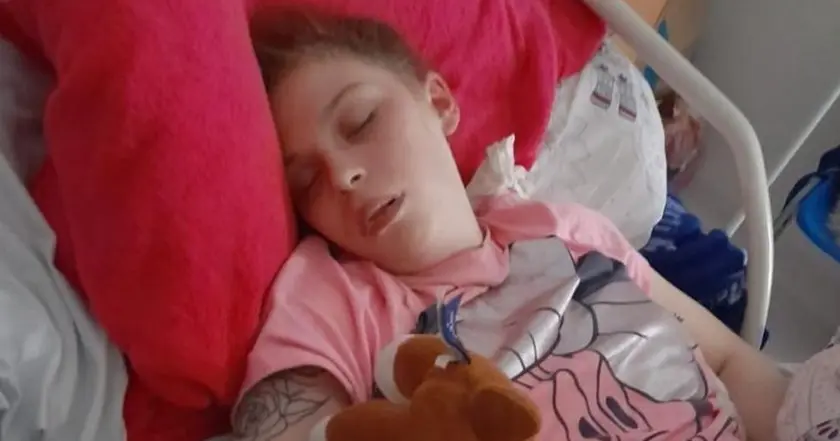T4K3.news
Mylah Algaradi seeks funds for life saving drug
A three-year-old in Leeds needs £56,000 for Pegzilarginase not funded by the NHS as her family crowdsources to cover a potential 12-week course ahead of a transplant.
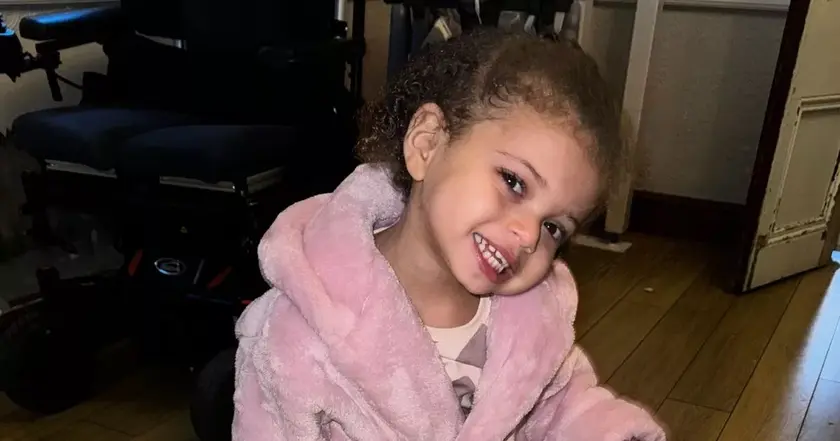
Mylah Algaradi’s family in the UK seeks £56,000 for a life-saving drug not funded by the NHS to slow a rare metabolic disorder.
Mum fights to fund life-saving treatment for 3-year-old daughter
Mylah Algaradi, three, was diagnosed at birth with Arginase deficiency, a rare metabolic disorder, and has been supported by Alder Hey Children’s Hospital and Manchester Children’s Metabolic Team. After years of steady progress on a strict low-protein diet, she began to lose the ability to walk and talk this year, and now relies on careful care while awaiting a liver transplant in Leeds.
Key Takeaways
"It is such a struggle for her to get her words out."
mother describing speech decline
"People have been absolutely amazing."
donor response
"There are so many people who I don't know who are being so generous."
community support
"This disease usually progresses slowly but with Mylah it happened so quickly."
family experience
This case shows how pricey modern therapies can strain public health budgets when coverage isn’t guaranteed. Pegzilarginase costs £4,600 per vial, about £56,000 for a 12-week course, and it is not funded by the NHS. That creates pressure on families and raises questions about how to balance patient need with system limits.
Crowdfunding can spark quick generosity but cannot replace a sustainable plan for rare diseases. While GoFundMe appeals reveal community support, they also highlight gaps in access and equity that public policy must address.
Highlights
- It is such a struggle for her to get her words out.
- People have been absolutely amazing.
- There are so many people who I don't know who are being so generous.
- This disease usually progresses slowly but with Mylah it happened so quickly.
Funding gap risks life saving care
A life saving drug for a rare disease requires a large, ongoing cost that is not covered by the NHS. The family relies on crowdfunding, which may not be enough to secure timely treatment and could expose disparities in access.
As more families face similar costs, policy makers will be watched for real solutions, not elaborate stops in between.
Enjoyed this? Let your friends know!
Related News
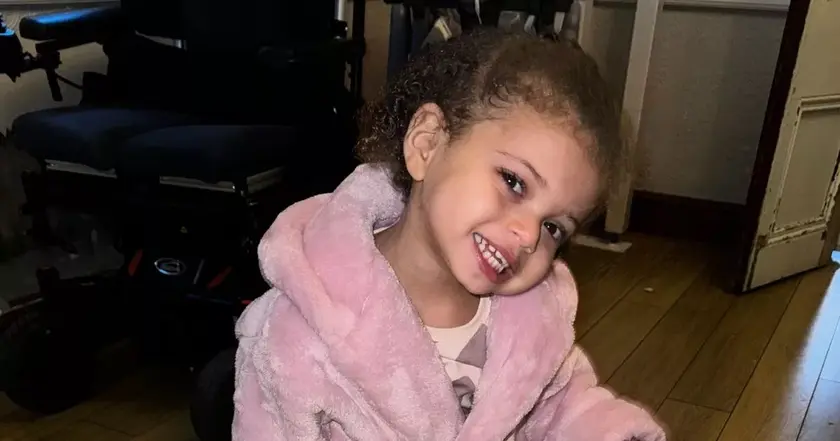
Fundraising Push for Child with Arginase Deficiency
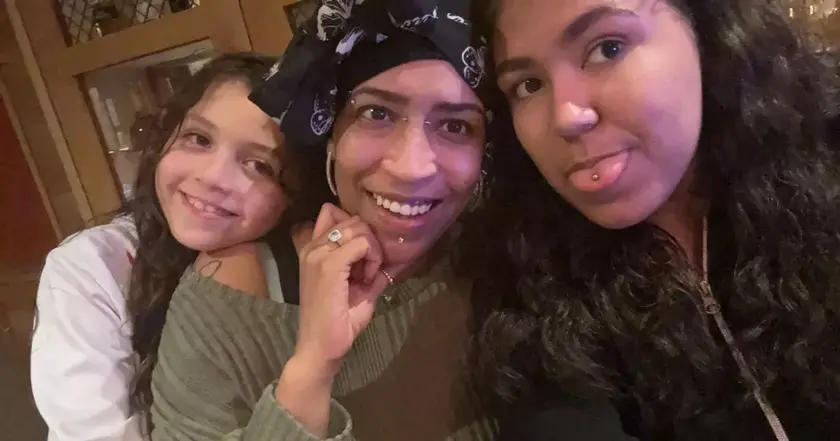
Cancer care funds at risk for UK patients
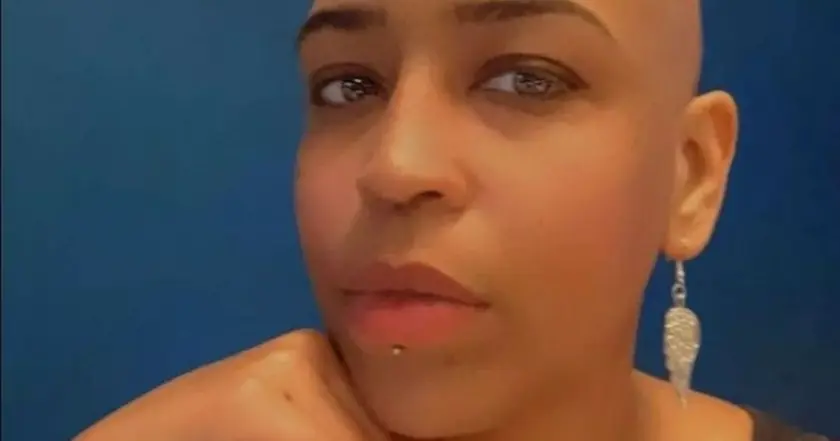
UK mum seeks life saving cancer treatment abroad after nhs funding gaps
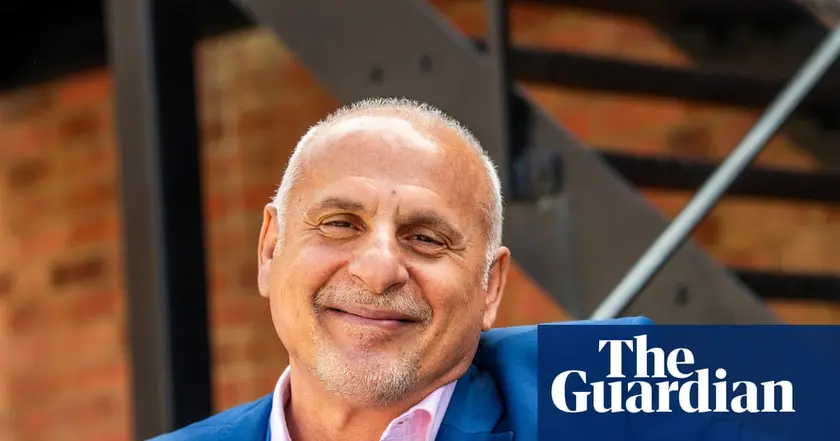
Andy Kalli shares his journey from addiction to recovery
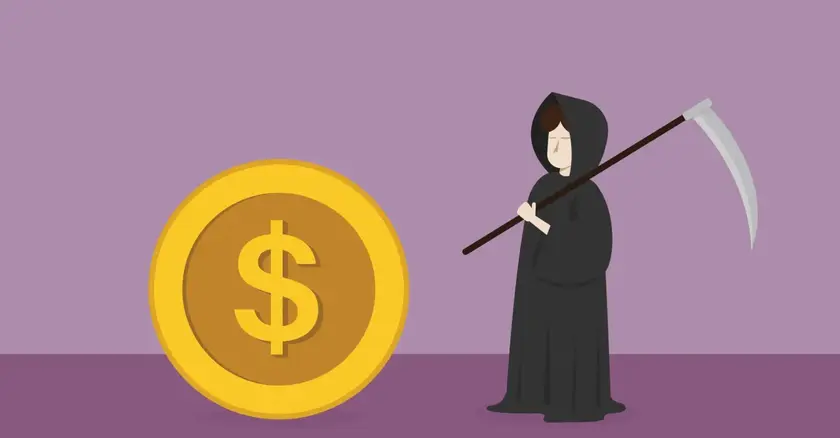
Longevity reshapes the federal budget reality
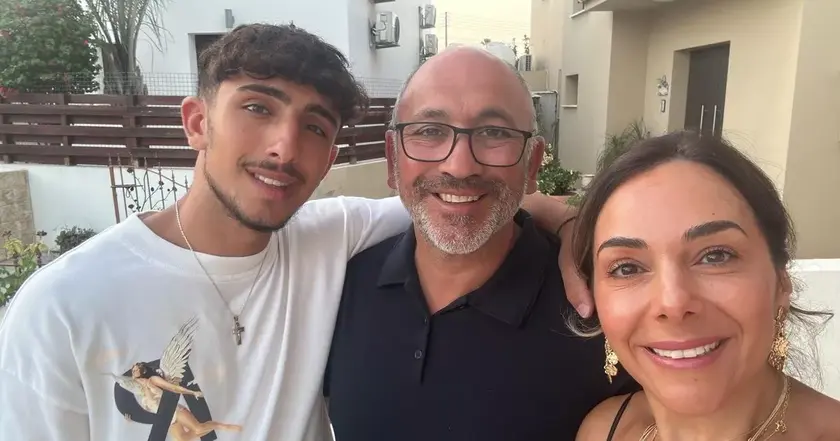
Father diagnosed with stage 4 brain cancer after unusual smell
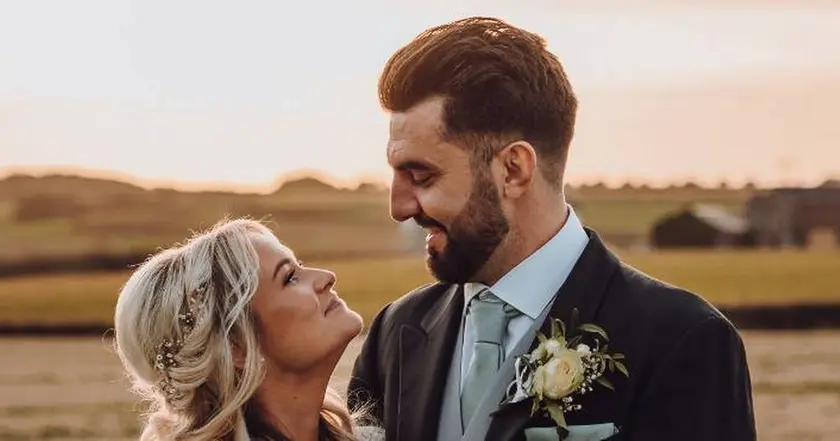
Owain James case prompts call for tissue handling reform
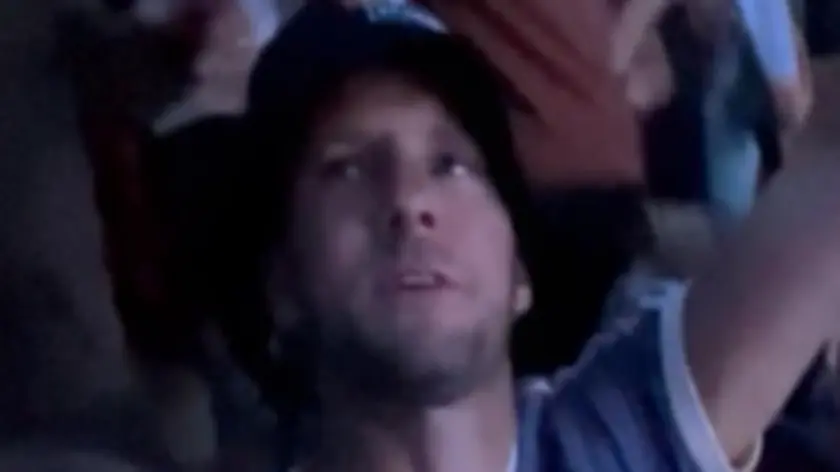
Oasis fan dies after fall at Wembley concert
